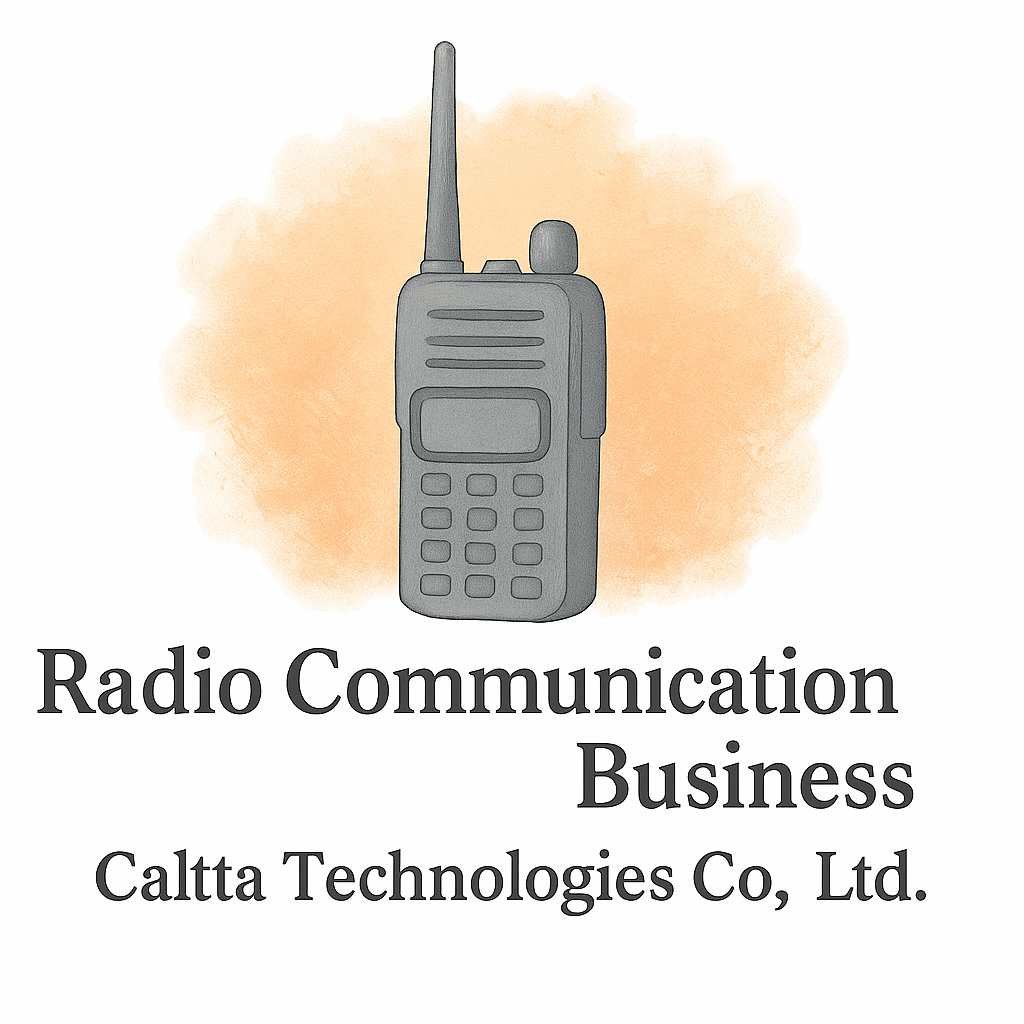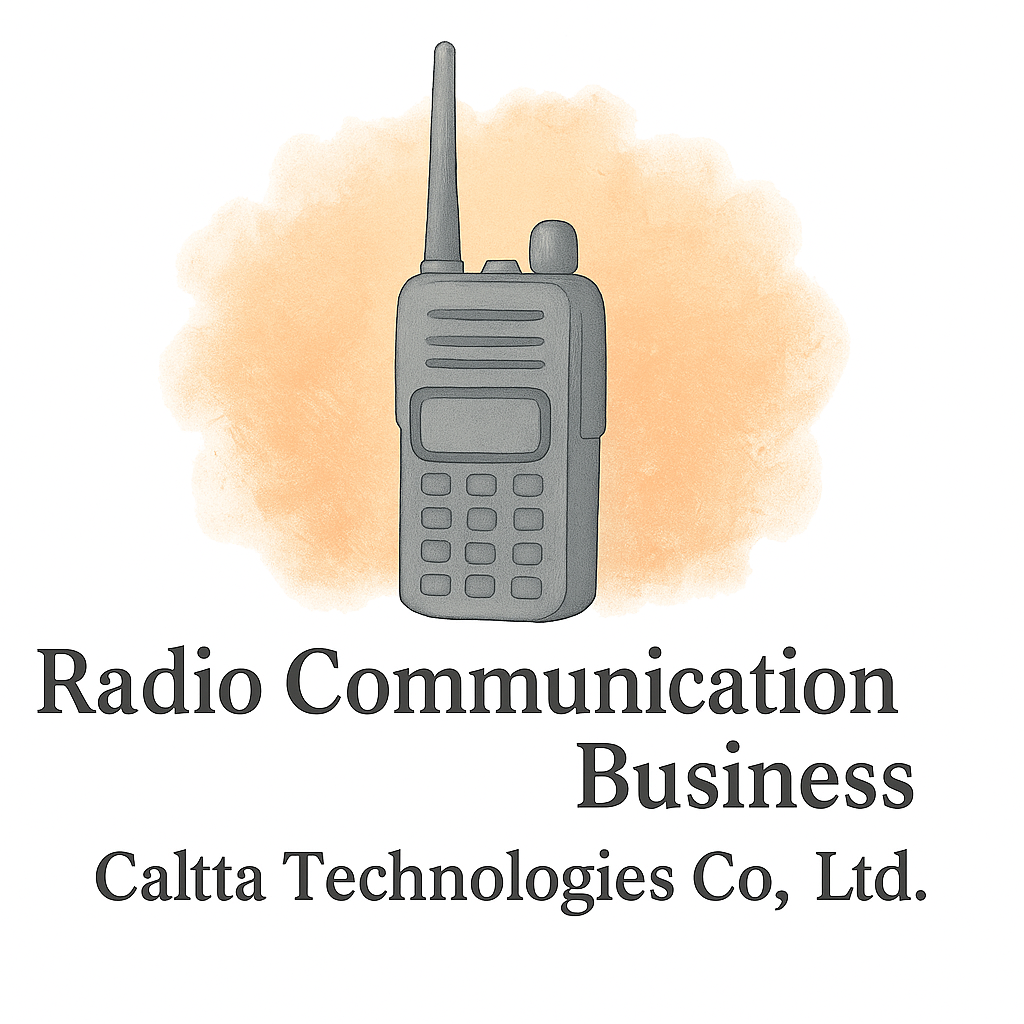When you think of radio communication, maybe you picture an old-school walkie-talkie or a crackly police scanner. But this industry is way more sophisticated than most people realize—and it touches nearly every part of our daily lives. From disaster relief to business operations, and even AI-driven systems, radio communication is the invisible thread that keeps things connected.
Let’s dive into 8 surprising things you probably didn’t know about the radio communication industry—and why it’s way more important (and high-tech) than you think.
1. The Radio Communication Industry Isn’t Just About Walkie-Talkies
Evolving Beyond Traditional Devices
We’ve come a long way from the chunky handheld devices of the past. Today, radio communication systems are sleek, versatile, and deeply integrated into mission-critical industries like healthcare, manufacturing, construction, and logistics.
Integration with Cutting-Edge Tech
Radio systems now work seamlessly with AI, cloud platforms, GPS, IoT devices, and even 5G networks, making them smarter and more adaptive than ever before. If you’re curious about how tech merges with communication tools, check out our section on Equipment & Technology.
2. It Plays a Critical Role in Emergency and Disaster Response
The Lifeline in Times of Crisis
When natural disasters strike, mobile networks often fail—but radio waves don’t. Radio communication is often the only way first responders, search-and-rescue teams, and even local governments can coordinate.
Why Satellite and Radio Still Matter
Satellites and two-way radios provide uninterrupted channels of communication, making them vital in disaster recovery zones, remote regions, or during emergency evacuations. Learn more from our Industry Insights section on preparedness.
3. Regulatory Compliance is a Massive Undertaking
Navigating Global and Local Regulations
The radio spectrum is heavily regulated by government bodies like the FCC in the U.S. or Ofcom in the U.K. Licensing, frequencies, and signal strength must all comply with these strict rules.
Staying Compliant: Why It’s Not Optional
Failing to comply could lead to major fines—or worse, criminal charges. Staying updated with compliance rules is key to staying in business and operating smoothly.

4. It’s a Billion-Dollar Industry You Never See
Behind-the-Scenes Infrastructure
From radio towers and antennas to server farms that power digital dispatch systems, radio communication is backed by a massive, mostly invisible infrastructure.
Key Players and Economic Impact
This industry pumps billions into the global economy and creates thousands of jobs in engineering, software development, maintenance, and regulation. For startups aiming to enter this space, see our Business Startup Basics guide.
5. Modern Radio Systems Use AI and Machine Learning
Smarter, Faster, More Secure Communications
Artificial Intelligence in radio tech helps predict channel interference, route communications more efficiently, and improve voice clarity in noisy environments.
Data-Driven Decision Making in Real-Time
Machine learning algorithms can analyze data from thousands of radio transmissions to make instant decisions that optimize communication flow, improving everything from police response times to airport ground control.
6. It’s Vital for Remote and Rural Connectivity
Bridging the Gap Where Cell Towers Don’t Reach
In regions where installing cellular towers is not cost-effective, radio communication becomes the backbone of connectivity. It’s the hero of places where tech infrastructure just hasn’t caught up yet.
Looking for more about remote solutions? Visit our cost-saving solutions for rural businesses.
7. Radio Communication is Central to Business Operations
From Construction to Events: Real-Time Coordination
Construction managers, warehouse supervisors, and event organizers all rely on radio communication to keep teams connected, safe, and efficient.
Business Continuity Through Reliable Communication
Unlike cell phones, which depend on towers and data plans, radio systems are often more durable, secure, and self-reliant, making them perfect for business continuity. Find more tips on business setup here.
8. It’s Constantly Evolving with Industry Trends
Embracing IoT, 5G, and Beyond
Modern communication systems are being reshaped by IoT-enabled devices, 5G connectivity, and cloud-based platforms. This means faster data transmission, better integration, and more innovative applications across industries.
Adapting to New Demands and Use Cases
As more industries discover the value of radio-based communication, we’re seeing rapid shifts. Learn how businesses are adjusting to these changes and staying ahead of the curve.
Conclusion
The radio communication industry might not be flashy, but it’s powerful, essential, and constantly innovating. It’s more than just a tool—it’s the heartbeat of emergency services, the backbone of modern business, and the unsung hero in times of crisis.
Whether you’re an entrepreneur, a tech enthusiast, or someone just curious about what keeps the world connected, understanding the real scope of this industry is eye-opening. If you’re considering diving into this field, make sure to check our resources on financial planning, marketing & branding, and more at Caltta International.
FAQs
1. How is radio communication used in modern businesses?
Radio systems provide fast, reliable, and secure communication—perfect for industries like logistics, security, construction, and event management.
2. What makes radio communication better than mobile phones in emergencies?
Radio networks don’t rely on cellular towers, making them reliable in disaster zones where mobile service fails.
3. Are radio systems still relevant in the age of 5G?
Absolutely. They complement 5G and are often used in tandem, especially in mission-critical scenarios.
4. What’s the role of AI in radio communication?
AI enhances radio systems by predicting interference, optimizing channels, and improving audio quality.
5. Do I need a license to operate a radio communication system?
In most cases, yes. You’ll need to comply with local and national regulations. Check compliance resources for more.
6. Can radio communication be integrated with other technologies?
Yes, integration with GPS, cloud systems, and IoT devices is becoming standard in modern setups.
7. Where can I learn more about starting a business in this industry?
Check out our Startup Basics Guide and entrepreneurial insights for everything you need to get going.


